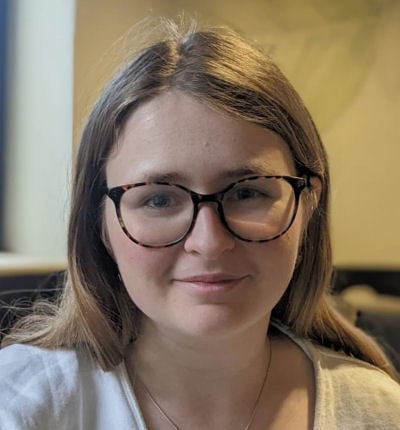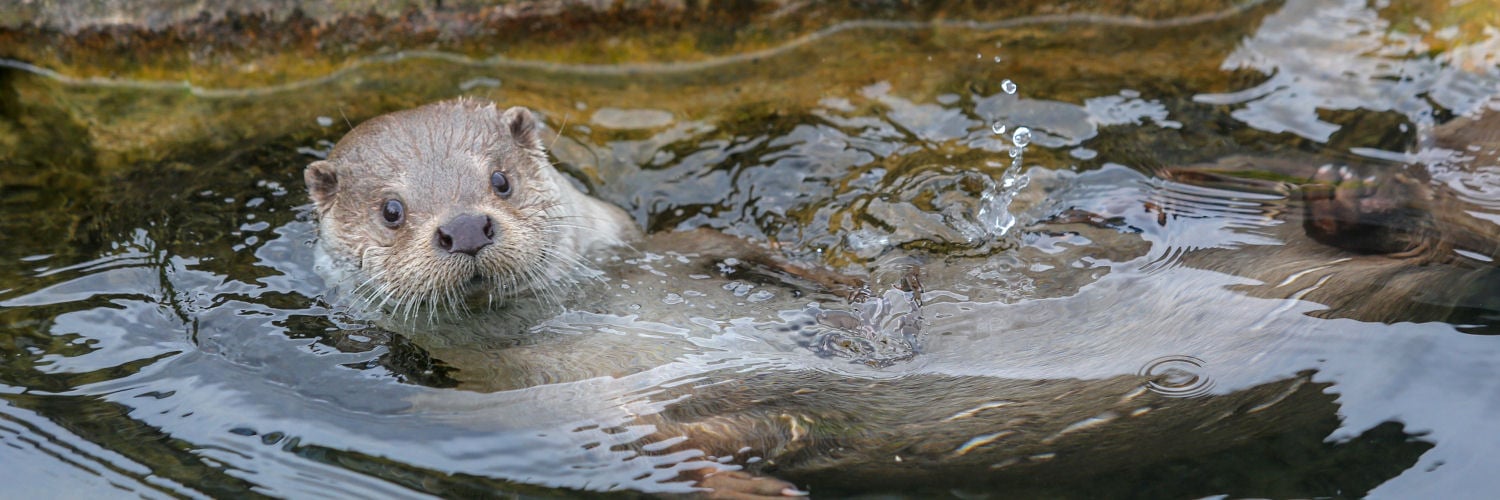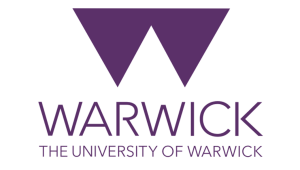Aisling Fitzgerald, post-graduate student at the University of Warwick
A GCSE in Natural History would be a great addition to the curriculum and list of subjects offered by Cambridge OCR. An increasing number of young people are aware of and interested in issues around the environment, but it isn’t easy to engage with these concerns academically at a young age. At the moment these topics are divided across a wide variety of subjects: geology and plate tectonics are taught in geography; animal and plant behaviour are taught in biology; biofuels and energy sources are taught in physics and chemistry. For a young person with an interest in nature, it can be difficult to have these topics so widely dispersed, because it means that these components are rarely if ever brought together, and we can’t get an understanding of how they interact with each other. For example, I remember learning about global warming in chemistry, but there was little discussion of how this related to a reduction in biodiversity discussed in biology.

Even for young people who aren’t specifically interested in natural history, knowledge about the world around us is something I wish there was more of an emphasis on throughout schools. For those who live in cities, there may be little exposure to the natural world. There is a disconnect between the natural world and the human world, or at least there is a perceived disconnection. For that reason, I believe the theme “Human Impact on the World” is hugely needed, and within that I’m excited by the topic covering how other societies around the world are living sustainably. This is a great suggestion because it creates more diversity in content, especially if it focuses on indigenous peoples as suggested. It also generates a wider awareness of the worldwide issues surrounding natural history, and allows students to engage with aspects of climate change which might not otherwise be accessible to them.
An exam board has recently introduced an A-Level course on Environmental Science, and I believe that offering this GCSE would place Cambridge OCR at the forefront of a growing field. If just one student took up environmental science off the back of studying for this GCSE, they could be inspired to study it going forward and play an important role in societal changes we need going forward.
I am not a scientist, or even a science student. I study English Literature and creative writing, but I would have appreciated the opportunity to engage more with these topics while in school. Natural history is an area that everybody should know about, not just those few who choose to study it at a higher level or who learn about it independently. The proposed content areas of “natural history and culture” and “representation in art and literature” are exciting, because this is a totally new addition compared to my experience; while certain parts of the suggested curriculum are covered within other GCSE courses, I was not able to learn about these matters until my second year at university studying English Literature. There has been a huge growth in environmental writing over the last decades, and it is an interesting part of culture for students to engage with.
Aisling Fitzgerald
Aisling Fitzgerald is a post-graduate student at the University of Warwick. She is currently studying for her Master’s degree in Creative Writing, and has a Bachelor’s degree in English Literature. She is a young adult ambassador for Warwickshire Wildlife Trust and project manages with Friends of Canley Green Spaces to conserve nature in the local area.
Keep up to date with our proposed GCSE in Natural History and other Cambridge OCR Natural History news by signing up our email newsletter and updates. You can read back issues of our Natural History newsletter here.


